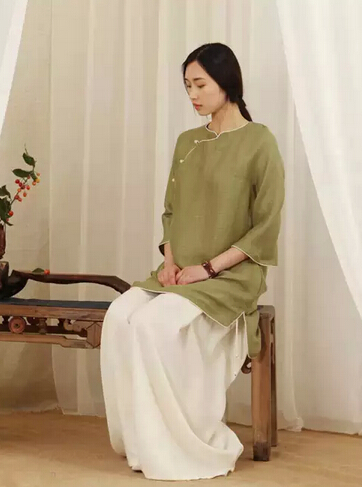
Respecting the elderly and loving the young is a traditional virtue of the Chinese nation. Having an elderly person at home is like having a treasure, and society is paying more attention to the health care of the elderly. Various health products suitable for the elderly are available in abundance, allowing for a wide range of choices.
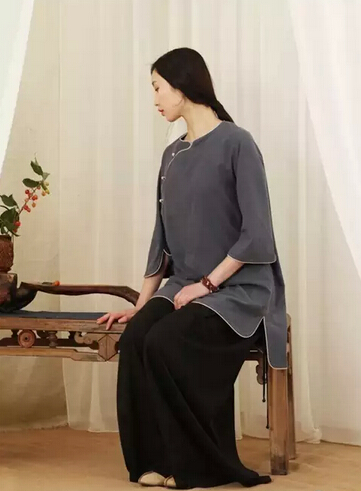
Winter has already arrived, a season when various diseases are more common, especially for the elderly. This period is a high-incidence time for cardiovascular and cerebrovascular diseases, and many related emergencies are most likely to occur in winter. This is because cold weather causes blood vessels to contract. Since the blood vessels of the elderly have often already developed some hardening, leading to narrowed lumens, further contraction makes the vessel lumens even narrower, greatly increasing the risk of blockages and resulting in conditions like cerebral thrombosis.
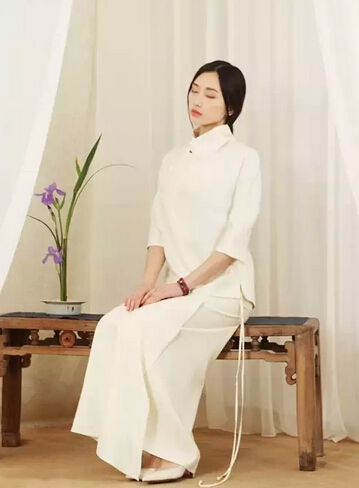
Additionally, many elderly people experience respiratory issues in winter. The stimulation of cold air can lead to tracheitis, bronchitis, and even pneumonia, all of which require sufficient attention.
Due to long-standing habits, some elderly people are avid tea drinkers, consuming more than a dozen cups a day. However, due to the limitations of physiological metabolism, not all teas are suitable for elderly consumption. Today, the editor has specially selected several types of tea suitable for the elderly to share with everyone.
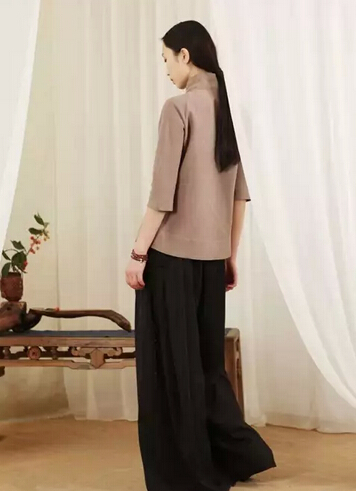
Black Tea or Ripe Pu-erh as Top Choices
Black tea is a fully fermented tea, sweet and warm in nature. It can nourish the body's阳气 (yang energy), enhance resistance to cold, aid digestion, and reduce greasiness, making it particularly suitable for physically weaker elderly individuals. Ripe Pu-erh tea has a mild tea nature with low stimulation. Drinking it can generate warmth and heat the stomach.
Scientists have found that black tea can reduce the incidence of stroke and heart disease. Stroke and heart disease are precisely the diseases that occur frequently in winter. Therefore, for the elderly with cardiovascular and cerebrovascular diseases, frequently brewing a warm cup of black tea in winter can not only warm the body but also help prevent illness.
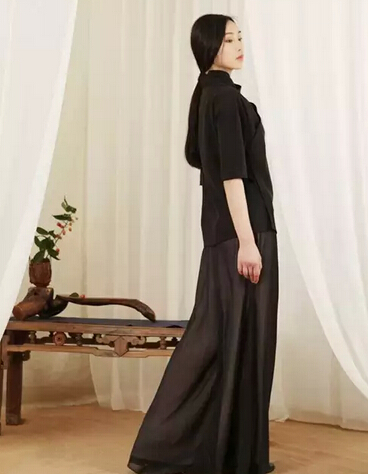
Dark Tea or Aged Tea as Secondary Options
Dark tea, especially aged tea, has a relatively mild tea nature, making it suitable for the elderly to drink in winter. Tibetan compatriots living in the cold snowy plateaus have a saying: 'Rather go without food for three days than without tea for one day.' We know that Tibetans drink dark tea because it can reduce greasiness, warm the body, protect the stomach, and resist severe cold. In winter, due to the cold weather and reduced mobility among the elderly who may have difficulty moving around, drinking dark tea not only generates heat and warms the stomach but also aids digestion and absorption.
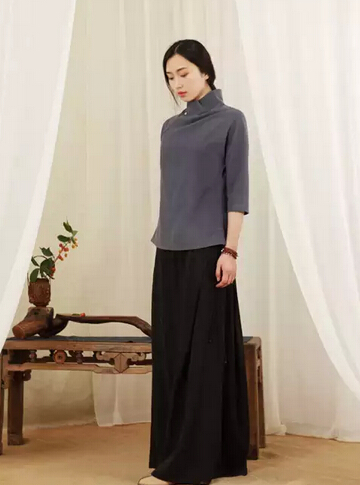
Oolong Tea - Moderately Warm
Oolong tea is a semi-fermented tea, falling between green and black tea. Its color is bluish-brown, hence it is also known as "green tea" (Qingcha). In terms of flavor, oolong tea has the fresh aroma and natural floral scent of green tea, as well as the mellow taste of black tea. It is neither cold nor hot, moderately warm, and therefore functions to moisturize the skin and throat, promote salivation, and clear accumulated heat from the body, helping the body adapt to changes in the natural environment. In winter, indoor air is mostly dry, and people are prone to dry mouth and chapped lips. Brewing a cup of oolong tea at this time can alleviate the distress of dryness.
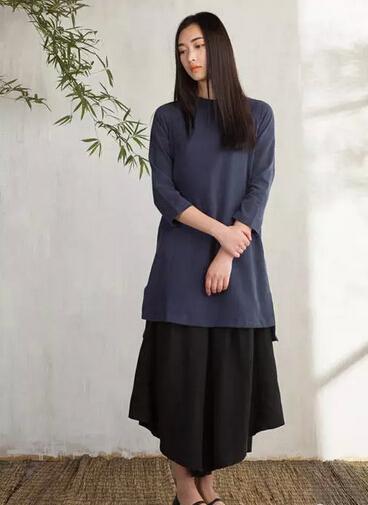
Chinese people have been drinking tea for thousands of years. As a common beverage in daily life, tea has a fresh and elegant taste. It can quench thirst and promote health preservation (养生), making it beloved by many. Although everyone loves to drink it, the elderly must be careful to consume it in moderation. Drinking incorrectly may not only fail to provide health benefits but could also cause adverse effects such as stomach cold or insomnia.